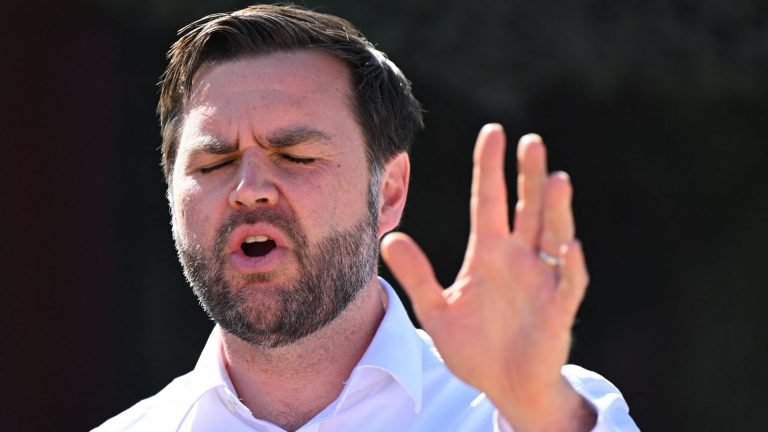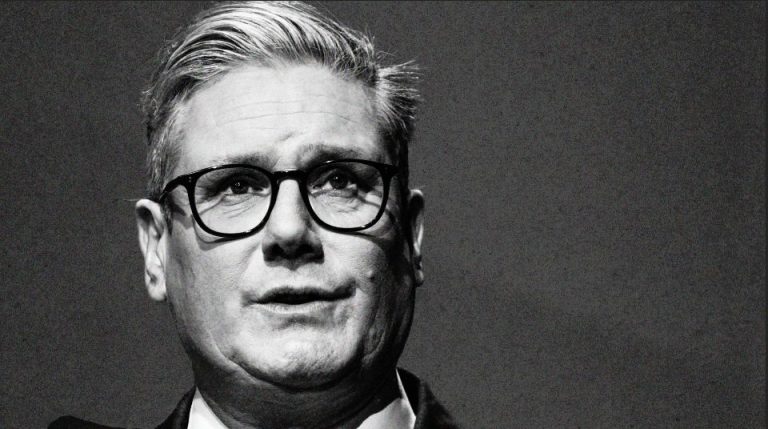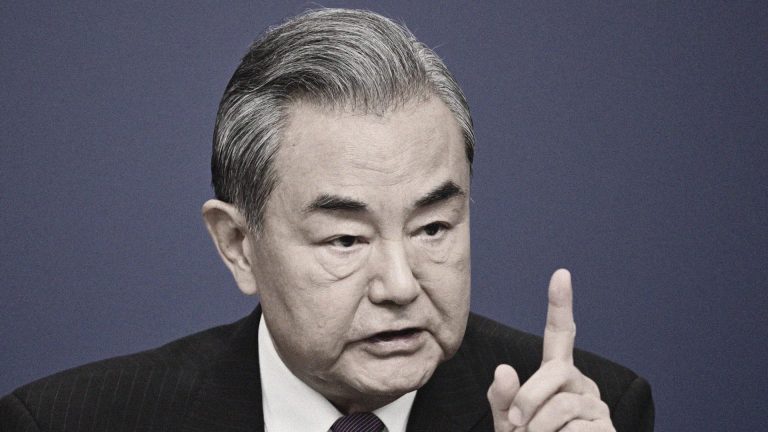
The economic response to the 2008 financial crisis prioritised finances over people. This time, says FRANCES COPPOLA, it must be different.
‘May you live in interesting times,’ says an apocryphal Chinese curse. For what is going on today, ‘interesting’ is an understatement. Governments around the world are deliberately shutting down their economies to prevent a virus decimating their populations. Shops are shuttered, businesses closed down, and people restricted to their homes, in some countries on pain of substantial fines. Normal life is suspended.
But we have already lived through over a decade of ‘interesting times’. Governments and central banks responded to the 2008 financial crisis by pouring money into the economy, just as they are doing today. At the time, this seemed profligate and unsustainable.
There were dire warnings of hyperinflation from central bank quantitative easing. And as fiscal deficits ballooned, governments imposed a lockdown.
That lockdown was very different from today’s, of course. It was all about protecting government finances, not saving people’s lives. If governments didn’t cut their recession-induced fiscal deficits, the ‘bond vigilantes’ would swoop down and destroy them.
Have your say
Send your letters for publication to The New European by emailing letters@theneweuropean.co.uk and pick up an edition each Thursday for more comment and analysis. Find your nearest stockist here or subscribe to a print or digital edition for just £13. You can also join our readers' Facebook group to keep the discussion and debate going with thousands of fellow pro-Europeans.
In the Eurozone, this prophecy came close to coming true for the southern periphery countries. As bond yields on their public debt rose, country after country was forced to lock down, imposing strict fiscal austerity to cut fiscal deficits and ‘structural reforms’ to repress domestic consumption and encourage exports. The UK voluntarily followed suit.
The austerity ‘lockdown’ may have cost lives. Deep public sector spending cuts rendered frontline social services and healthcare so fragile that they could not cope even with bad weather and seasonal flu, let alone a pandemic.
In the UK, life expectancy had previously been increasing at quite a clip, but the pace of growth started to slow: by 2017, it had flatlined, and for some groups started to fall. Professor Sir Michael Marmot attributed the slowdown to inadequate funding of health and social care.
The consequences were felt in the economy, too. People who previously had secure, well-paid jobs had to accept insecure, poorly-paid work.
People previously deemed to be too sick to work, or who had small children, were forced into the workforce through benefit cuts and sanctions. Unsurprisingly, industries that rely on low-paid casual workers mushroomed. The result was a decade of low productivity.
Repressing domestic consumption inevitably reduces inflation and depresses economic growth. So central banks, desperate to meet their inflation targets, have been forced to continue the exceptional measures of 2008-9 for far longer than they had planned.
They have kept interest rates at or below zero and maintained quantitative easing. Their efforts have helped companies and people buying houses to borrow cheaply. But savers have suffered.
So used have we become to financial repression and fiscal austerity that it has come to seem normal. But for those who have suffered from low wages, benefit cuts and insecure employment, ‘normal’ doesn’t look that good. Many of these are the workers that we have suddenly discovered we can’t live without. Cleaners, for example. People who deliver goods and stack shelves in supermarkets. People who care for sick and elderly people.
The pandemic has forced governments to lift the austerity lockdown, and central banks to help them to do so. Brussels suspended the fiscal rules that would have made it impossible for Italy to respond to the proliferating virus. The ECB has introduced an extraordinary range of pandemic support measures.
It even extended them to Greece, which has had the tightest austerity lockdown of any European country and has as a result endured a depression deeper and longer than the US’s Great Depression.
The UK government has abandoned its commitment to a balanced budget and is pouring money into supporting workers, companies and its creaking National Health Service. And Germany has consigned its prized Schwarze Null, the ‘black zero’ that signifies no government deficit, to the bin.
We don’t know how long the pandemic lockdowns will last. There are already voices calling for them to be lifted sooner rather than later, on the grounds that the inevitable economic recession will cost lives: for example, the Spectator’s Fraser Nelson recently claimed that 150,000 people could die in the longer term as a result of the lockdown.
But recessions don’t need to cost lives. If they do, it is because of bad policy choices. It was not the financial crisis of 2008-9 that cost lives, it was the austerity imposed afterwards to repair government finances and force people back to work.
But Fraser does have a point. The lockdown of the last decade prioritised government finances over people’s lives. Now, we have collectively decided to prioritise people’s lives over government finances, and even over economic growth. But if people’s lives are to matter after the virus has passed, we need to fundamentally rethink the way our economic system works.
Imposing austerity on steroids to fix government finances in a post-virus world would cost even more lives. And so would ‘structural reforms’ designed to restore the pre-virus economic norms. The old ‘normal’ is not coming back. The new normal must prioritise people’s lives and welfare.
People are already adapting to life under lockdown. Joggers who break social distancing rules are glared at by those whose two metre space they violate and vilified on social media.
Outside supermarkets, people queue quietly, two metres apart, as they wait for the store to let them in. Inside the store, people observe marked-out one way systems. The plastic shields that now protect checkout operators may be here to stay. Distancing, too, may become a habit. Greeting people with a handshake or kiss may become a thing of the past. But do we really need to grieve over the loss of such physical gestures, if the new social norm is for people to treat each other with more respect and consideration?
Like people in refugee camps, people living under lockdown are developing their own ecosystems. We are learning how to drink, talk, laugh, play board games, worship together without physically being together.
As time goes on, virtual life will become more vibrant. The physical closeness we have lost because of the virus spurs us to find new ways of being close to others. We are still social animals, after all.
The lockdown will result in fundamental changes to our business landscape, too. Some industries may suffer a sea-change: for example, the airline industry could pivot away from long-haul towards regional and short-haul, and away from passenger transport towards air freight.
On the ground, people might eschew crowded public transport in favour of cars and bikes. Commuters may opt to space out their journeys to avoid peak times, or may opt to work more at home, only coming into the office a few times a week. There could be protected or priority transport for essential workers.
More fundamentally, the lockdown has brought benefits that we might want to keep. For example, pollution levels are much lower now. Do we really want to restore pre-virus levels of pollution, with associated deaths? We have an opportunity to redesign our economic system to make it possible for people to live, and live well, without clogging up the atmosphere or poisoning the planet.
We also have an opportunity to rethink how we support people. Countries without universal healthcare will have to introduce it, and countries that have chipped away at their universal healthcare systems will have to fund them much better. We also need a much better social safety net: for example, introducing a universal basic income would ensure that no-one ever again loses the means to live because their job has disappeared overnight.
The cost of greater state support will be considerable, and we need a serious discussion about how we pay for it. It can’t all fall on the children and unborn of today. The old will have to bear their share. Since wealth is disproportionately held by the old, this may mean wealth taxes.
Governments face hard choices in the future. The current exceptional measures are not cost-free, and redesigning our economic system will mean more pain for some. But our collective decision that people’s lives matter gives governments a light to guide their decisions. Balancing the books must never again take priority over people’s lives. And although economic growth is important, so too is people’s wellbeing and the future of the planet. Let’s get the new normal right.
Frances Coppola is a writer and commentator on economics and finance, and author of The Case for People’s QE, published by Polity Books








